This fascinating exhibit includes a number of wonderful drawings that his fellow animators created for Ozark during his time in the service. It's a wonderful tribute to an amazing animator and serviceman, and an important reminder of the power of humor and friendship - even in the most difficult of circumstances.
0 Comments
While some saw combat, many were called on to use their special blend of artistic talent and technical know-how to create training and educational films for our troops. Still others worked with the signal corp developing and managing communications, and others were enlisted by the government to create films that would help to build morale at home, and encourage Americans to do their part, whether it be by donating scrap metal or buying war bonds.
This historic photo, taken in front of the Fleischer Studio's Miami home, serves to commemorate some of the brave members of the Fleischer Studio family who served their country during World War II.
Myron Waldman (in the photo above, front row and third from the left) enlisted in the Signal Corp and worked with Frank Capra on the Why We Fight series which was created to show American soldiers the reason for U.S. involvement in the war, and later to the public to encourage American support for involvement in the war.
One Fleischer animator who saw combat was Willard Bowsky. Having started with the Studio in the 1920's in New York, Bowsky - whose work can be seen in Talkartoon, Color Classics and Screen Song (Bouncing Ball) films, as well as dozens of classic Betty Boop and Popeye cartoon shorts - moved with the Studio to Florida in 1938, and enlisted in the Army in 1942.
Willard Bowsky was posthumously awarded the Silver Star and the Purple Heart, and is interred at the Lorraine American Cemetery in St. Avold, France.
On this Veterans Day, as we revisit and honor these great heroes of yesteryear, all of us at Fleischer Studios want to offer up our heart felt gratitude and admiration to to the courageous men and women - heroes all - who continue to fight for us today.
Thanks for all you do!
Sometimes it seems like there is a national holiday for everything, so it might surprise you to discover that November 5, 2015 is the very first ever National Love Your Red Hair Day!!!
At Fleischer Studios, we're celebrating this very special holiday with Betty and Grampy (1935), the first screen appearance of that wacky, wonderful and just plain unstoppable genius called simply Grampy.
From the moment he burst to wonderful life, Grampy was the quintessential grandparent: wise, warm, always ready for fun and full of surprises. Grampy's ingeniously complicated inventions are often referred to as "Rube Goldberg" machines. As it turns out, this may be no coincidence. Goldberg, a cartoonist, sculptor, author, engineer, and inventor was already well known by the time Grampy first appeared in 1935.
Many believe Grampy is based chiefly on Max himself, which is also possible. Max, like Grampy, was a life-long tinkerer and inventor with numerous patents to his name. Although he is best remembered for his inventions and innovations in the area of animation, Max actually held a number of patents for some very Grampy-like inventions, including a "Never-Wind" clock!
Max Fleischer himself would go on to become much-beloved grandfather of six, all of whom called him "PopMax." He even lived long enough to meet and enjoy many of his sixteen great-grandchildren before passing away in 1972.
Answer: Max Fleischer's children: Ruth and Richard!
Taken about 1918 (& likely on Flag Day), this would have been taken only about three years after President Wilson first declared July 19th as Flag Day. Ruth went on to work in Fleischer Studios (she was also a performer and was played a featured role in the Carrie of the Chorus series), and married Head Animator Seymour Kneitel. Richard went on to become an award-winning film director whose credits include movie classics such as 20,000 Leagues Under the Sea (1954), The Narrow Margin (1952), Soylent Green (1973), The Vikings (1958), Compulsion (1959), Fantastic Voyage (1966) and The Boston Strangler (1968). Visit A Very Fleischer Christmas Exhibit and download your FREE Betty Boop Holiday Cards!12/10/2014
|
Categories
All
Archives
December 2023
|
|
© TM & © 2023 Fleischer Studios, Inc.
Press & Media Inquiries: info@fleischerstudios.com Licensing & Product Inquiries: Global Icons General Information: fleischerstudios@fleischerstudios.com Terms of Use | Privacy Policy |
License Betty Boop through Global Icons, Inc.
|
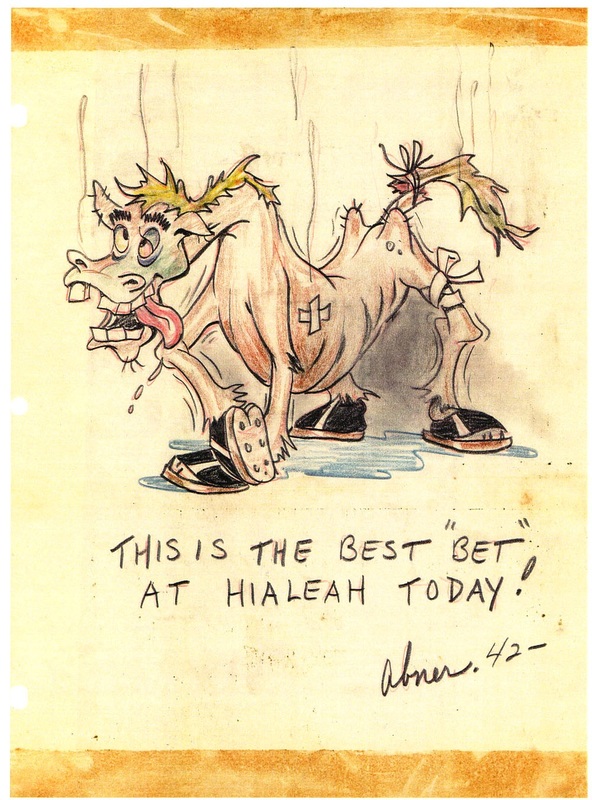

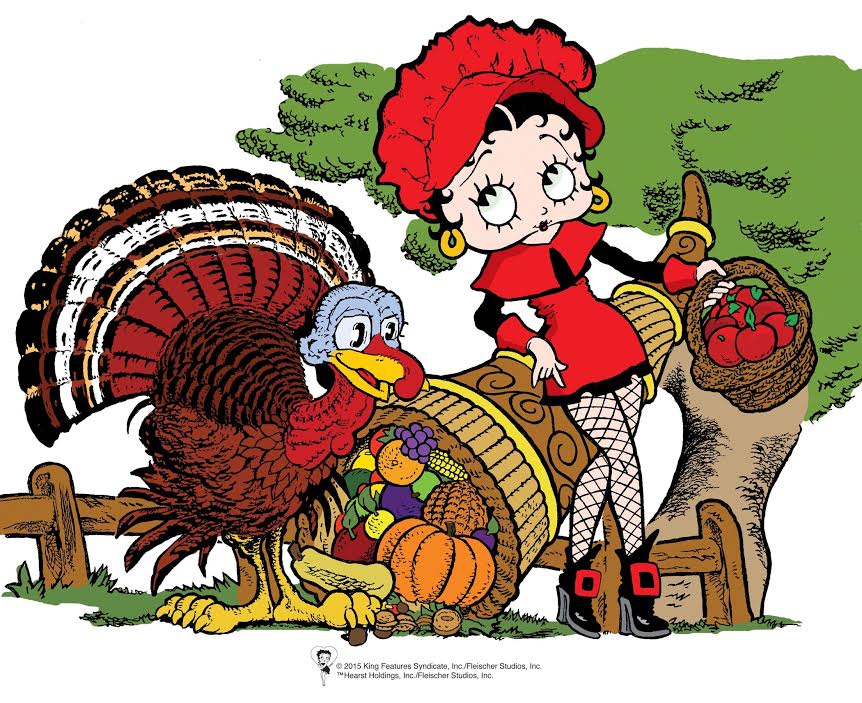
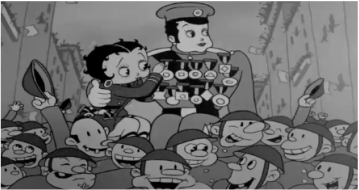
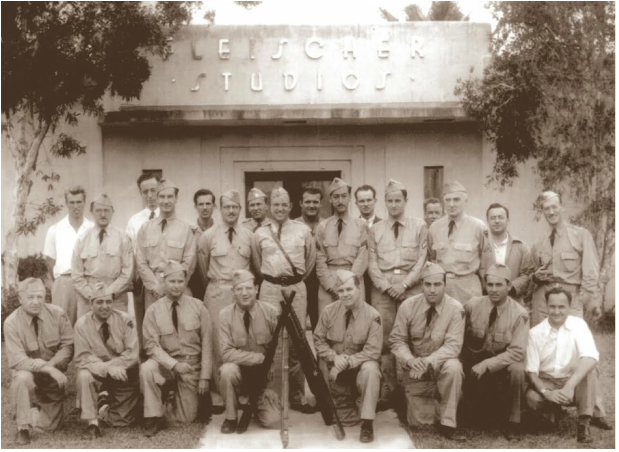
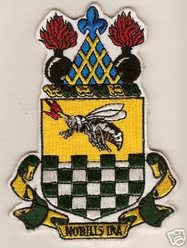
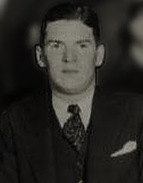

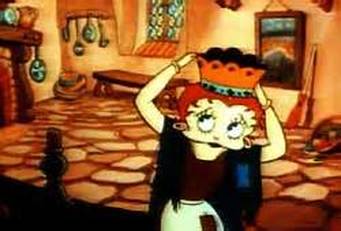
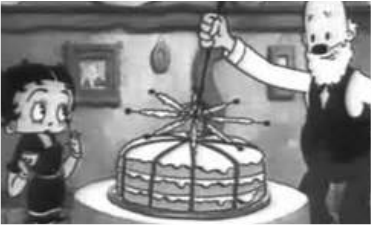
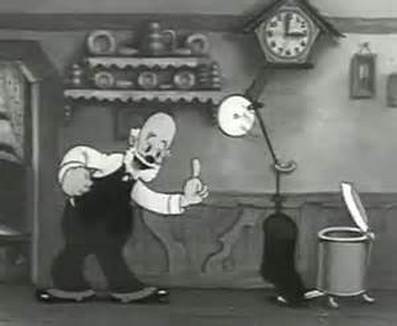
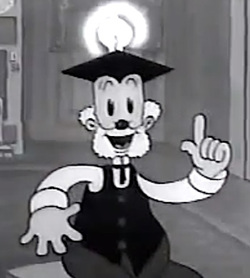
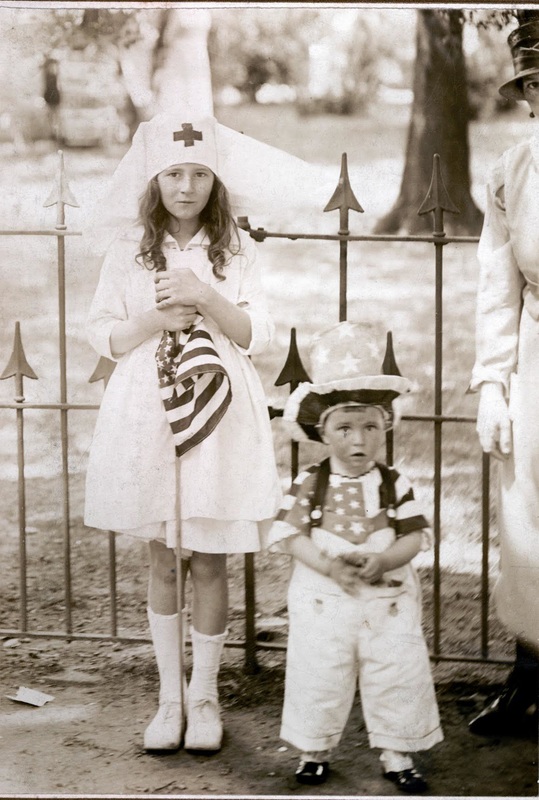






 RSS Feed
RSS Feed
